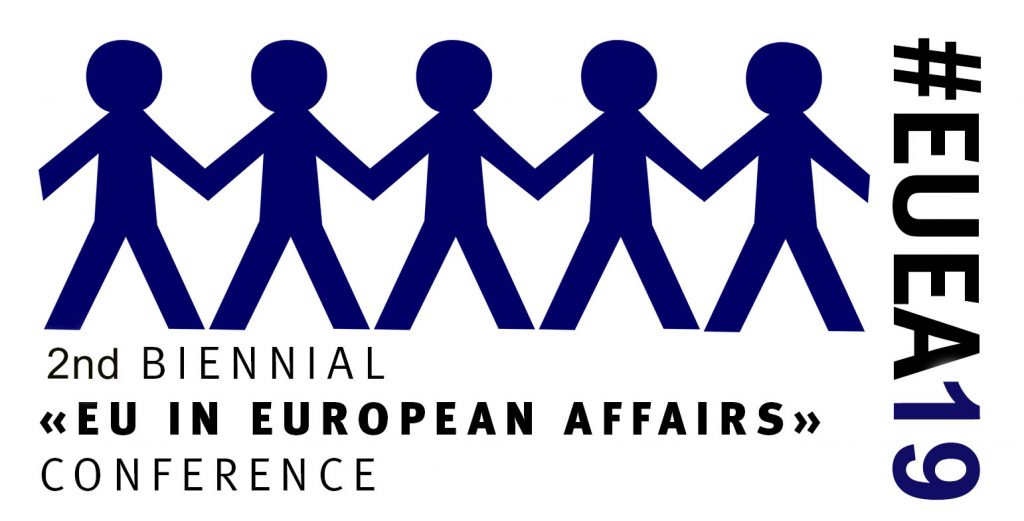Biennial Conference “EU in European Affairs”
#EUEA19
Scholars of the European Union across different disciplines have highlighted a variety of fundamental norms to critically assess the standards underpinning the process of European integration – whether legal, economic or political in nature. The attention given to fundamental norms has however varied across time and disciplines. One thing is clear: the bibliography is scarce on one of the central values of European integration: solidarity.
During the first week of June 2019, the Institut d’études européennes (IEE) at Université libre de Bruxelles (ULB) – in partnership with both the European Studies Institute (IES) at the Vrije Universiteit Brussel (VUB) and the Politics and International Studies (PaIS) department at the University of Warwick (UoW) – looks forward to welcoming the second Biennial Conference on the “EU in European Affairs – #EUEA19.”
Organised as part of a Jean Monnet Center of Excellence project supported by the European Erasmus+ program; this event dedicated to the notion of European solidarity is to be convened at a moment when: (1) the European Commission pushes legislation to advance the agenda of the 20 Key Principles of the European Pillar of Social Rights; (2) the European Solidarity Corps have only recently become a concrete reality; and (3) the 2019 European elections characterized by competing understandings of a Europe that protects and shows substantive solidarity will have concluded less than a fortnight ago.
The three-day event entitled “Controversial Approaches towards European Solidarity – From Burden Sharing to Integration,” represents an opportunity for both academic and policy oriented discussions on wide range of topics which reflect the shifting understandings and practices of European solidarity, be it in response to shared European migratory, security, social, economic, environmental, or political challenges.
Furthermore, the concept of solidarity itself as a European value, defined by EC president Jean-Claude Juncker as “the glue that keeps our Union together,” is to be further scrutinized and unpacked across the various panels with an eye on some of the most pressing questions around solidarity, notably: (1) whether it can provide a (partial) solution to the mounting populist challenges facing EU politics? (2) how policies geared towards facilitating forms of solidarity have fared in light of either recent crises or the European governance response? And (3) what might characterize and distinguish solidarity at the European level moving forward, be it in the Union’s internal and external policies?
Please watch some of the highlights of the first #EUEA17 conference, or visit the Jean Monnet Center of Excellence page on our website for more information.
See the programme here
Practical Information
Date : 6-7 June 2019
Place : Institute for European Studies of the ULB, 39 avenue Franklin Roosevelt.
